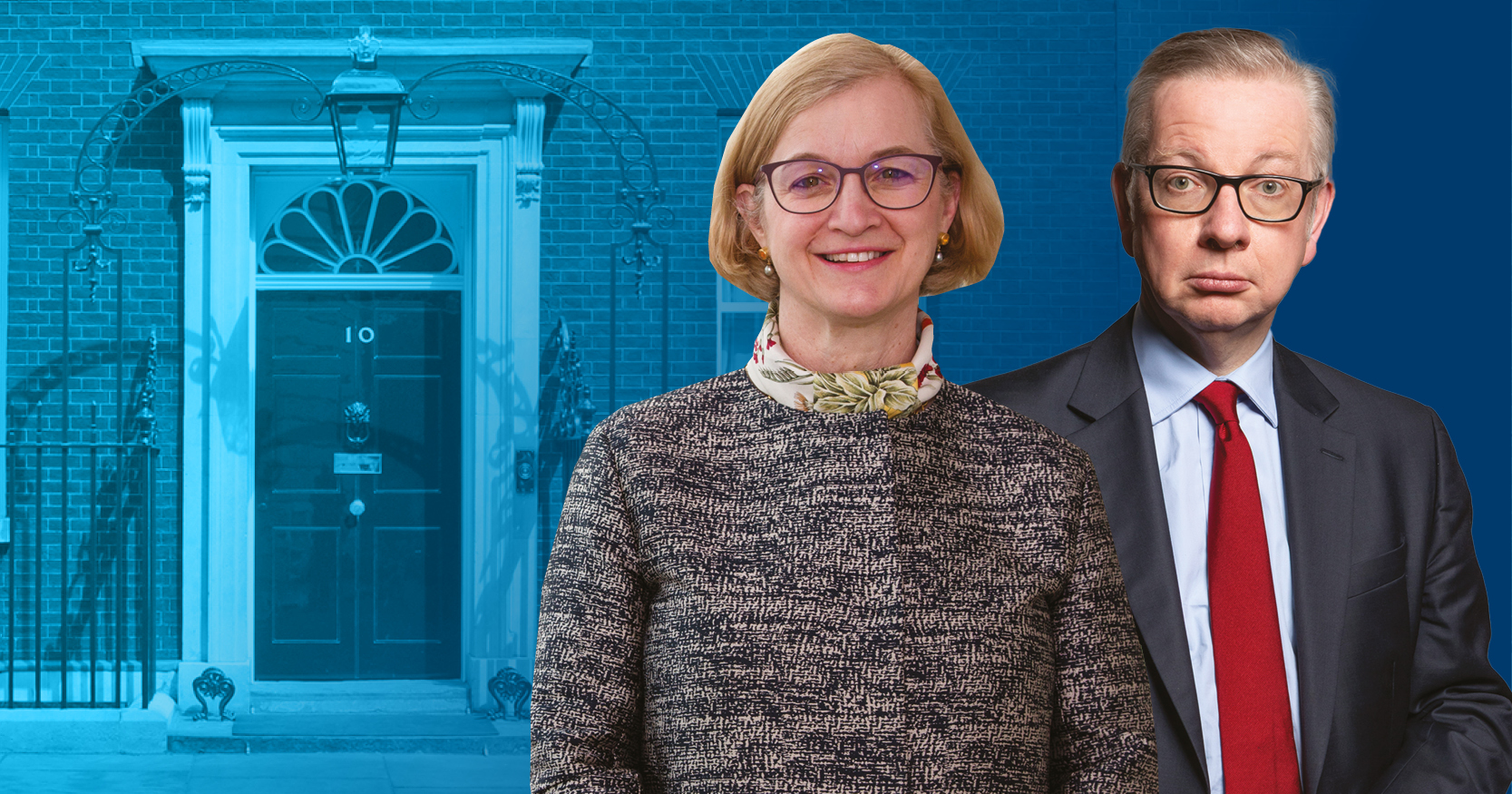Special schools take in fewer staff directly from teacher training streams and instead “rely” on teachers gaining experience with SEND pupils in mainstream settings, a report has found.
The National Foundation for Educational Research (NFER) has published the second in a two-part series of reports looking at staffing challenges faced by special schools.
It found judt under 20 per cent of teachers joining special schools in 2022-23 came straight from a recent initial teacher training (ITT) route, compared to an average of about 30 per cent joining primary and secondary schools.
Instead, the system “seems to rely on teachers developing experience with SEND pupils in the mainstream sector before moving to special schools,” said the NFER.
It said “more could be done” within the ITT system to improve the flow of trainees into special schools.
Boosting SEND training
One “relatively radical option” would be for DfE to set up a specialist ITT route with courses specifically for trainees who want to teach in specialist settings, said the NFER.
However, it noted this could risk suggesting “that teaching children with SEND is somehow fundamentally different to educating other children”, and making it less easy for teachers to move between special and mainstream settings.
NFER said another option would be emphasising SEND expertise in the early career framework, and encouraging and strengthening trainee placements in special schools.
Special school teachers more likely to leave state system
The study also found teachers leaving special schools are more likely than other teachers to leave the state system entirely.
Sixty-nine per cent of special school teachers who leave their jobs appear to leave the state system, according to the study’s data, compared to 60 per cent at primary and 56 per cent at secondary schools.
The NFER accepted this “could be due to data limitations”, as some teachers may have moved to work at independent special schools which were not recorded in the data.
But it added that supporting more special school teachers to stay in the system “could be a useful way of sharing SEND expertise with mainstream settings” as the number of pupils with SEND increases.
It comes as the government is aiming to increase inclusion in mainstream to help tackle the ongoing SEND crisis.
NFER found special schools had lower teacher turnover rates than other schools, which it called “encouraging”.
However, it found alternative provision (AP) settings had “much higher” turnover rates than other schools, and that teachers in these settings are also more likely to leave the state system.
‘Concern’ over AP turnover
Teachers in AP settings generally have more teaching experience than average, at just under 16 years compared to the state school average of just over 13.
But their average tenure is five-and-a-half years, “substantially” less than the national average of seven years.
The NFER described the turnover and attrition rate in AP settings as “clearly a cause for concern”, and said the DfE should publish separate statistics for special schools and AP settings.
Michael Scott, senior economist at the NFER and the blog’s author, described special schools and their teachers as “a vital part of the education landscape in England”.
“Given the challenge special schools face recruiting enough teachers, it is surprising that the DfE does not directly account for the workforce needs of special schools in ITT recruitment targets, nor the flow of teachers from ITT routes into special schools when calculating those targets.
“It should do so going forward.”
Recruiting a ‘significant challenge’ at special schools
James Bowen, assistant general secretary of NAHT, said the school leaders’ union regularly heard from special school leaders about the “significant challenges” they face with recruitment.
“Teaching in a special school or an AP setting is a highly skilled role, requiring a huge amount of expertise.
“Government should play a far more active role in monitoring workforce challenges in the specialist sector and do more to encourage both new and experienced teachers to consider a career in special schools.”
The report is the second in a two-part series by NFER, funded by the Nuffield Foundation, looking at workforce challenges in special schools in England.
The first looked at the workforce in state-funded special schools, and found state-run special schools employ significantly more teachers without qualified teacher status (QTS) than mainstream settings.
It found about 10 per cent of teachers in special schools do not have QTS, compared with two to three per cent in primary and secondary schools.
DfE has been approached.











